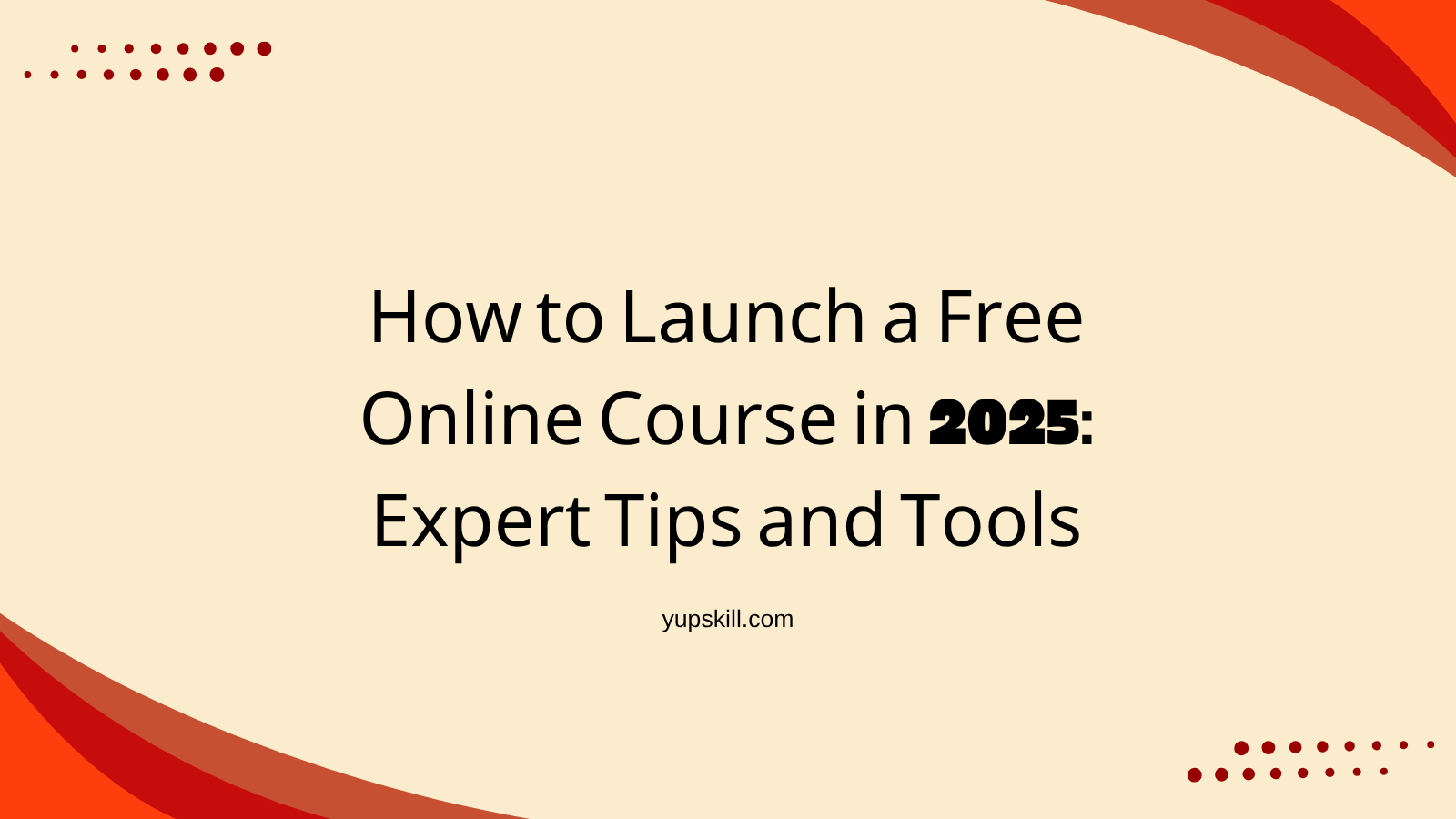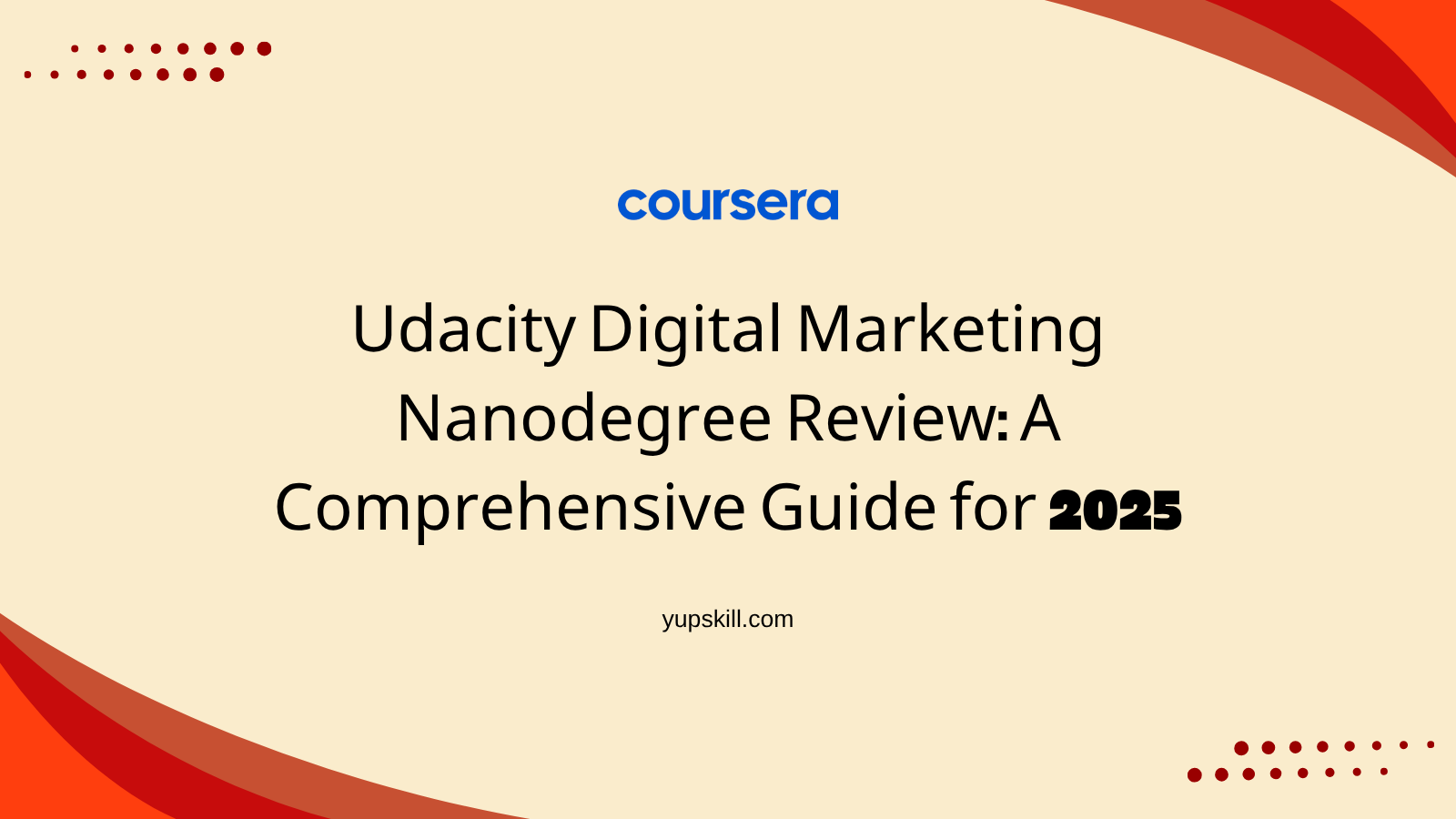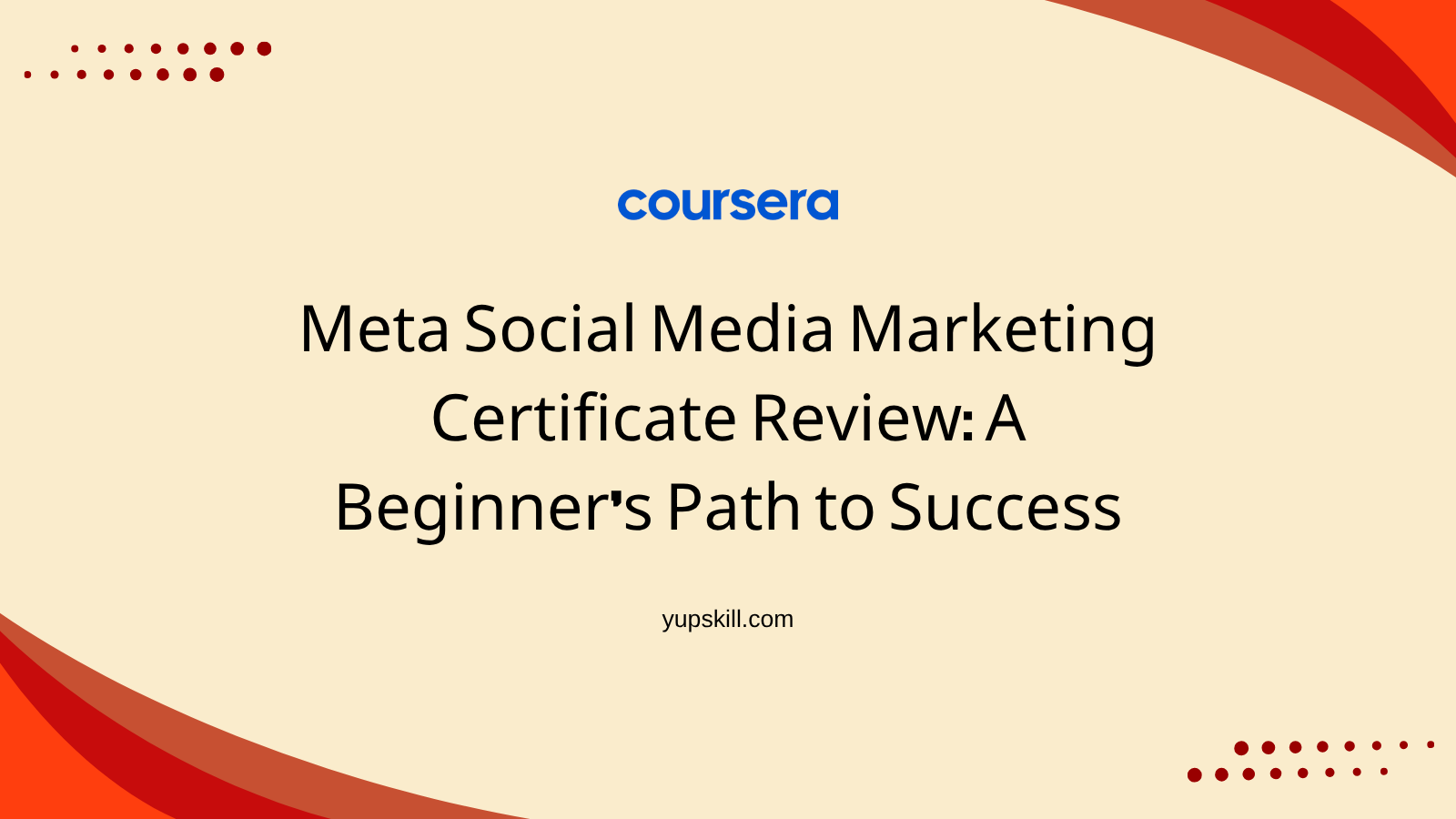With the increasing popularity of online learning, platforms like Coursera and Udemy have become household names. Both of these platforms offer vast selections of courses, but they cater to different types of learners and provide distinctive learning experiences. Whether you’re looking to gain new skills for your career, enhance your knowledge in a particular subject, or simply explore a hobby, understanding the differences between Coursera and Udemy is crucial in determining which platform aligns with your learning goals.
In this comprehensive comparison, we will dive deep into key factors such as course offerings, pricing, learning experience, certifications, and much more. By the end of this article, you will have a clear understanding of which platform is better suited for your needs.
1. Course Offerings: Variety and Depth
Coursera: Professional and Academic Focus
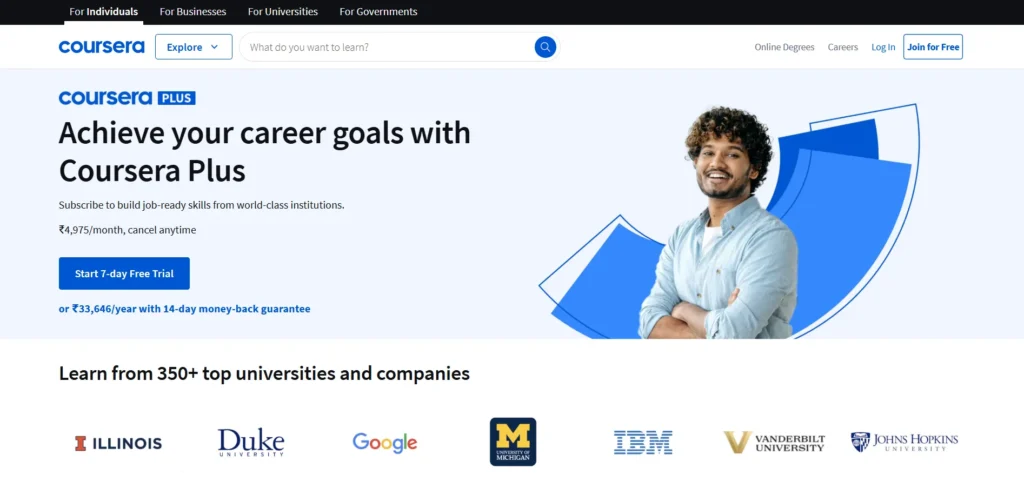
Coursera is widely recognized for its collaboration with top-tier universities, including institutions like Stanford, Yale, the University of Michigan, and companies like Google, IBM, and Facebook. This partnership allows Coursera to offer a wide range of professional, academic, and career-oriented courses.
The platform offers:
- Degree Programs: Coursera is one of the few online learning platforms to offer full degrees, including undergraduate and postgraduate options. For example, you can pursue a Master’s degree in data science or an MBA from highly regarded universities entirely online.
- Specializations and Certificates: If a full degree isn’t what you’re looking for, Coursera offers specializations that focus on a specific topic or field, such as computer science, marketing, or business management. These specializations are a series of courses designed to deepen your expertise in a particular area.
- Courses from Top Universities: Many of the courses offered on Coursera come directly from top-ranked universities. These courses tend to follow a structured curriculum and are more academic in nature, often involving graded assignments, quizzes, and peer reviews.
- Professional Certificates: Some programs, such as those from Google, IBM, and other leading companies, offer professional certificates that are directly aimed at enhancing your career prospects. These certificates are recognized by employers, which makes Coursera particularly appealing for professionals looking to advance in their careers.
Udemy: Flexibility and Practical Skills
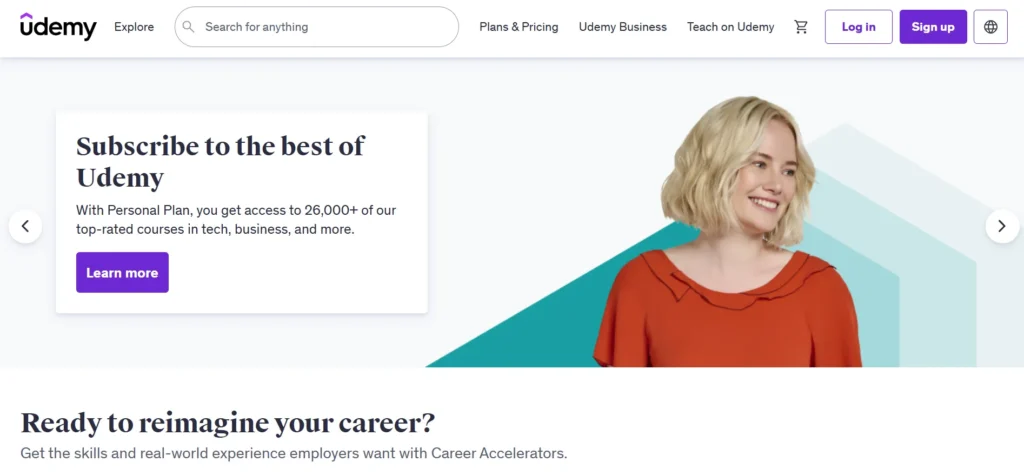
Udemy, on the other hand, operates on a very different model. Rather than partnering with academic institutions, it allows independent instructors to create courses on virtually any subject. As a result, Udemy offers a massive catalog of over 250,000 courses across various fields.
Udemy’s course offerings include:
- Diverse Range of Topics: From coding and graphic design to photography, language learning, and personal development, Udemy covers almost every imaginable subject. This variety makes it ideal for people who want to explore new hobbies or gain practical skills outside the scope of traditional academic subjects.
- Short and Focused Courses: While Coursera’s courses often take weeks or even months to complete, Udemy courses are usually much shorter, often focused on specific skills that you can quickly apply. For example, you might find a 3-hour course teaching you how to use a particular software, or a short course on mastering public speaking.
- Hands-on, Practical Learning: Most courses on Udemy focus on practical skills that can be applied immediately. The focus is often on real-world applications rather than theoretical knowledge. For example, if you’re interested in learning a programming language like Python, a typical Udemy course will walk you through building actual projects, rather than simply teaching the syntax.
- In-Depth Courses from Experts: Since anyone can create a course on Udemy, the quality can vary. However, many instructors are industry professionals with years of experience in their fields. Some courses even offer in-depth training for specific tools and techniques that are highly valuable in the workforce.
Comparison:
- Coursera is ideal for those who want an academic, structured learning experience, potentially earning credentials or degrees from prestigious institutions.
- Udemy is better for learners looking for more practical, hands-on learning experiences or those who want to explore a wide variety of topics without committing to a long-term program.
2. Pricing Models: Flexibility vs. Subscription
Coursera: Premium Pricing for University-Led Learning
Coursera operates on a pricing model that reflects its partnerships with prestigious universities and companies. There are several types of pricing structures on Coursera, including:
- Free Courses: Coursera offers many courses for free, allowing you to audit them without paying. This means you can access most of the course materials (e.g., videos and reading materials) without purchasing a certificate.
- Paid Courses: For those who want to receive a verified certificate, Coursera offers paid courses. Prices range from $49 to $79 per course, but this can vary depending on the course’s length and depth.
- Specializations and Professional Certificates: Coursera offers “Specializations” that consist of a series of related courses. The price for a specialization is typically a monthly subscription, ranging from $39 to $79 per month. You’ll be charged based on how long it takes you to complete the courses in the specialization.
- Coursera Plus Subscription: Coursera offers a subscription service, Coursera Plus, for $59 per month (or $399 per year). This allows you to access a large number of courses across various fields, providing more flexibility for learners who want to explore multiple subjects at once.
- Degrees and Master’s Programs: For individuals interested in earning full degrees, Coursera offers accredited bachelor’s and master’s programs. These are significantly more expensive, with prices ranging from $15,000 to $25,000 per degree program. While still more affordable than traditional on-campus programs, these options are certainly not cheap.
Udemy: Pay As You Go
Udemy takes a completely different approach to pricing. Instead of offering subscriptions or packages, Udemy uses a pay-as-you-go model. Each course is priced individually, with prices typically ranging between $19.99 and $199.99.
- Discounts: Udemy frequently offers significant discounts, often reducing prices to as low as $10 to $20 per course. This makes it one of the most affordable online learning platforms available.
- Lifetime Access: Once you purchase a course on Udemy, you have lifetime access to the content. This is a huge advantage if you want to revisit the material at any time in the future, or if you want to pace your learning based on your schedule.
- No Subscription Fees: Unlike Coursera’s subscription model, Udemy doesn’t require any ongoing payments unless you want to purchase more courses. This flexibility allows learners to pay only for what they need, without the commitment of monthly or yearly fees.
Comparison:
- Coursera’s pricing is higher but offers more academic and career-oriented learning, including degrees and professional certificates that may be worth the investment for those looking for a more formal qualification.
- Udemy’s pricing is much more affordable and flexible, with the ability to buy courses one by one. However, these courses don’t carry the same level of prestige or academic recognition as Coursera’s offerings.
3. Learning Experience: Structure and Flexibility
Coursera: Structured and Academic
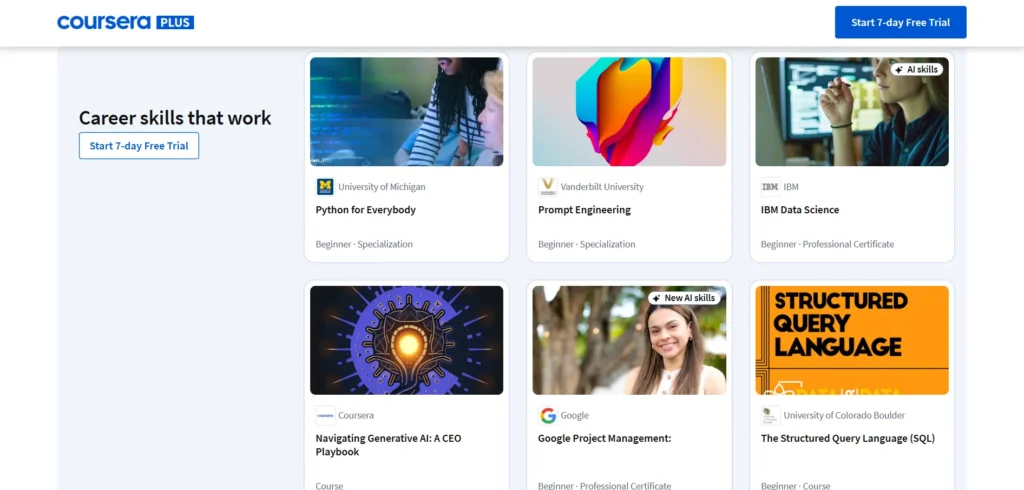
Coursera offers a more traditional learning environment compared to Udemy. Most courses on Coursera are designed to mimic the structure of university courses, which means:
- Predefined Schedules: Many of Coursera’s courses have start dates and deadlines, which helps keep learners on track. This can be motivating for those who thrive on structure and accountability.
- Assignments and Peer Reviews: Courses often include assignments, quizzes, and peer-reviewed projects, making the learning experience more interactive and engaging. This structure is perfect for learners who want to challenge themselves and get feedback on their work.
- Instructor and Peer Interaction: Coursera’s courses encourage interaction with peers through discussion forums, allowing learners to collaborate and learn from each other. The peer review process, where you review your classmates’ work, is another key feature of the platform.
Udemy: Self-Paced and Flexible

Udemy’s learning experience is much more self-directed, with each course designed to give students full control over how they learn. This model has both advantages and drawbacks:
- No Deadlines: Udemy courses are all self-paced, meaning you can start and finish them whenever you want. There’s no pressure to meet deadlines, which is great for learners who have a busy schedule or prefer to learn at their own pace.
- No Assignments or Grades: Unlike Coursera, Udemy typically doesn’t include assignments or grades. Instead, most courses are video-based, often with quizzes at the end of each section. While this makes learning more relaxed, it may not be as engaging for some learners who prefer a more formal structure.
- Lifetime Access: Once you purchase a course, you can revisit it as often as you like. This means you can learn at your own pace and come back to the material whenever you need a refresher.
Comparison:
- Coursera offers a more formal, academic learning experience with deadlines, assignments, and peer interaction. It’s better for learners who want to simulate a traditional classroom environment or earn an accredited certificate.
- Udemy is ideal for learners who want to explore topics at their own pace, without the need for formal assignments or deadlines. It’s also better for those who want a more hands-on, practical learning experience.
4. Certifications: Value and Recognition
Coursera: Recognized Certifications
One of the main selling points of Coursera is its ability to provide certifications that are recognized by top companies and universities. Upon completion of a course or specialization, you receive a certificate that can be added to your resume or LinkedIn profile.
Some certificates even carry university logos, which can significantly boost your credibility when applying for jobs. Additionally, many professional certificates, like those from Google, IBM, or other well-known companies, are recognized in the job market and can help you advance your career.
Udemy: Basic Certificates
Udemy offers a Certificate of Completion for every course, but these certificates are generally not as widely recognized as those from Coursera. While they are a nice addition to your resume or LinkedIn profile, they may not carry the same weight as certificates from accredited universities or top companies.
However, many learners use Udemy courses to build their skillset and improve their job performance, so even though the certificate may not be highly recognized, the knowledge gained can be valuable in the workforce.
Comparison:
- Coursera certificates are more formal and recognized by employers, universities, and professional organizations.
- Udemy certificates are more informal and may not be as recognized in a professional setting, but the practical skills learned can still be incredibly valuable.
5. Target Audience: Who Should Use Each Platform?
Coursera
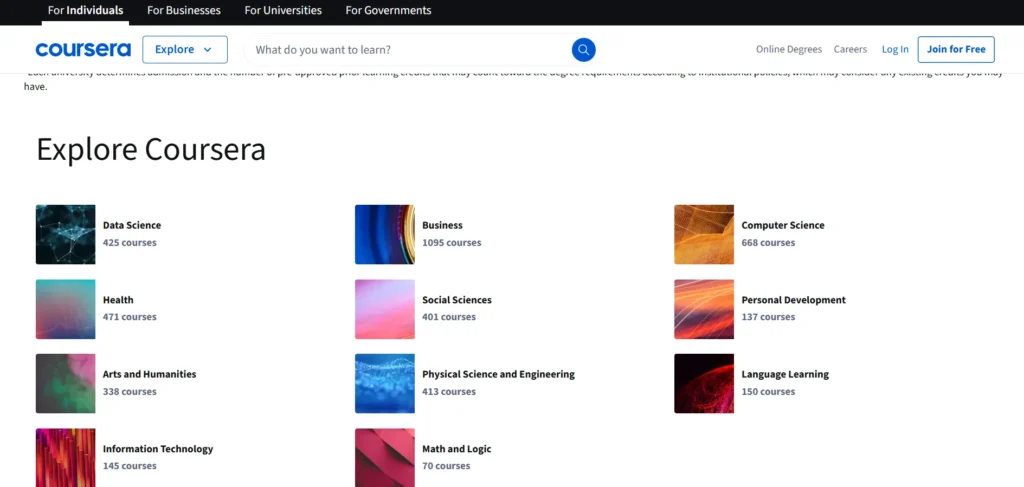
- Ideal for career-focused learners: Coursera is the right choice for individuals looking to enhance their qualifications with accredited courses, certificates, or even full degrees. If you’re looking to advance in a specific field or change careers, Coursera’s partnerships with universities and companies make it an attractive option.
- Ideal for academic learners: If you want a structured, classroom-like experience with deadlines, assignments, and peer interactions, Coursera is perfect for you.
Udemy
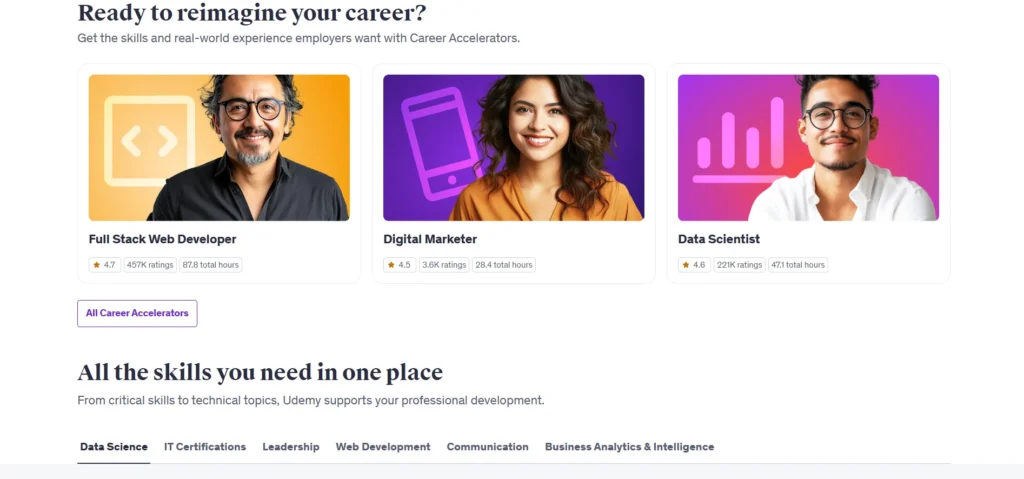
- Ideal for hobbyists and self-learners: If you’re someone who enjoys learning for the sake of learning or wants to acquire new skills outside of formal education, Udemy is a great choice. It’s also perfect for busy people who want to learn at their own pace.
- Ideal for professionals looking to gain practical skills: If you’re looking to acquire specific, actionable skills, such as learning a new programming language or mastering a design tool, Udemy’s wide variety of short, practical courses can be invaluable.
Conclusion: Which Platform Is Right for You?
Both Coursera and Udemy are fantastic platforms for online learning, but they serve different purposes. If you’re looking for academic rigor, accredited certificates, and structured learning paths, Coursera is the right choice for you. However, if you’re interested in practical, hands-on learning, exploring a wide variety of topics at your own pace, and paying only for the courses you need, Udemy offers a more flexible and affordable option.
Your choice depends on your goals:
- Choose Coursera if you want high-quality, university-led learning experiences with the potential for recognized credentials.
- Choose Udemy if you want to explore specific skills or hobbies without the commitment of a subscription or formal accreditation.
No matter which platform you choose, both offer tremendous value for anyone looking to learn something new.
FAQs
What is the main difference between Coursera and Udemy?
Coursera offers university-led courses and certifications, while Udemy provides a wide range of practical, self-paced courses from individual instructors.
Which platform is more affordable, Coursera or Udemy?
Udemy is generally more affordable, with frequent discounts, while Coursera offers premium pricing for accredited certificates and degrees.
Can I earn a degree from Coursera or Udemy?
Coursera offers accredited degree programs, while Udemy provides certifications of completion, but no formal degrees.
Which platform is better for career development?
Coursera is better for career advancement due to its university partnerships and recognized certificates, while Udemy is ideal for skill-based learning.
Are the courses on Coursera and Udemy free?
Coursera offers free courses for auditing, but certificates require payment; Udemy often has affordable courses with lifetime access, though they aren’t free.

